Does Female Masturbation Cause Infertility? Understanding the Facts and Myths

Table of Contents
If masturbation made women infertile, none of us would be here.
Still, the myth lingers, designed to shame women for knowing their own bodies. You’ve heard it: self-pleasure ruins your fertility, drains your “essence,” or blocks conception. But here’s what those fear-based lies don’t want you to know: female pleasure is not the enemy of fertility, it’s a key part of it.
There is no science or scientific evidence backing the claim that masturbation harms fertility. In fact, orgasm increases circulation to the pelvic bowl, boosts cervical mucus production, reduces stress, and supports hormone regulation. All of that directly benefits reproductive function.
Let’s clear this up with facts, not fear, and reclaim the truth about your sexual power and your fertility.
The Origins of the Myth - Why Do Many Women Believe This?
1. Victorian Doctors: Pathologizing Female Pleasure
In the 19th century, Western medicine was dominated by men who believed female sexuality needed to be tamed. One of the loudest voices was Dr. John Harvey Kellogg, the same man who invented Kellogg's Cornflakes. He claimed masturbation caused “nervous exhaustion,” female infertility,, and mental illness in women. His “cure” was dietary restrictions, enforced celibacy, and in some cases, clitoridectomy (the surgical removal of the clitoris) without consent. Read more about this on this article.
He wasn’t alone. Dr. Isaac Baker Brown, a British gynecologist, publicly advocated for and performed clitoridectomies on women diagnosed with “hysteria,” “irritability,” or “chronic masturbation.” His logic? Female sexual desire was a disorder. His solution to sexual dysfunction? Remove it.
These weren’t fringe extremists. They published in medical journals. They treated upper-class women. Their work was considered cutting-edge. And their ideas formed the basis for early gynecology, where female pleasure was either ignored or viewed as pathological.
2. Religious Institutions: Pleasure as Punishment
In many Christian teachings, particularly during the Reformation and Victorian periods, masturbation was labeled “self-abuse” and “a sin against God’s design for women.” But the danger wasn’t just moral. Priests and religious educators claimed it could physically harm the body, leading to sterility, “womb collapse,” or “moral decay.”
In Islamic legal traditions (fiqh), female masturbation is still considered haram in many interpretations, and framed as “wasting reproductive potential.” Girls are taught that their sexual energy belongs to their future husband and family, not to themselves.
The message across faiths is that your sexuality isn’t yours. It’s sacred only when it serves reproduction, or submission. These religious beliefs also influenced sexual behaviors, often leading to misconceptions about sexual health and fertility.
3. Colonial Health Campaigns: Medicalized Control of the Womb
During the 20th century, colonial governments used myths about female sexuality as tools of population control. In India, British medical officers claimed that self-touch and “overstimulation” weakened reproductive capacity. In reality, they feared the consequences of Indian women controlling their fertility.
In many African nations, missionaries and colonial doctors discouraged traditional self-care practices (like massage or genital steams) by labeling them as “primitive masturbation” that would “waste fertility.”
These ideas were later reinforced through family planning propaganda, especially in post-colonial states. Women were told that sexual autonomy, including masturbation, was “modern,” “Western,” and dangerous to traditional family roles. They were pushed toward abstinence or sterilization campaigns, while being taught to distrust their own sexual pleasure, and instincts.
4. Sex Ed Gaps: Generational Transmission of Misinformation
The myth didn’t die with corsets and candlelight. It evolved. Today, women still absorb messages that shame their desire and distort their understanding of fertility, just in modern packaging. For many, the first place they heard that masturbation could “ruin” their chances of getting pregnant wasn’t from a doctor, it was from a mother, an aunt, a church sermon, or a high school health class that preached abstinence over facts.
When formal sex education avoids female pleasure and sexual satisfaction and skips reproductive nuance, silence becomes fertile ground for misinformation. Myths fill the void where truth should live.
Can Female Masturbation Increase Fertility?

Masturbation doesn’t interfere with fertility, it can enhance it. When you self-pleasure, you increase blood flow to your uterus and ovaries, nourishing the very tissues that make conception possible. The endometrial lining responds to that oxygen-rich rush by thickening, becoming more receptive to implantation.
Orgasm also activates your hypothalamus and pituitary gland, the same hormonal control centers responsible for ovulation. You’re not just releasing tension; you’re stimulating the same system that produces estrogen and luteinizing hormone, which trigger the release of an egg. Pleasure from sexual arousal does what stress can’t, it brings your body into rhythm. And that matters, because elevated cortisol can delay ovulation or block it altogether.
Orgasm lowers cortisol, floods your system with oxytocin, and tells your body: you’re safe. You’re ready. Even period pain responds to this, masturbation triggers endorphins, relaxes uterine muscles, and reduces cramping, creating a cycle that’s easier to track and support. Masturbation can also help relieve menstrual cramps by promoting the release of endorphins, which serve as natural pain relievers.
How Does Female Masturbation Affect Hormones and Ovulation?
Your body runs on a delicate hormonal balance and rhythm, and masturbation is one of the easiest ways to keep that rhythm in perfect sync.
At the heart of fertility are three key players:
-
Estrogen builds the uterine lining and preps the body for ovulation.
-
Progesterone stabilizes the cycle, ensuring a healthy environment for potential implantation.
-
Luteinizing Hormone (LH) triggers the actual release of an egg.
When these hormones are balanced, ovulation flows effortlessly. When they’re disrupted, cycles become irregular, ovulation can be delayed, and fertility can take a hit. Masturbation is one of the most overlooked tools in keeping these hormones and hormone levels steady.
Every time you indulge in self-pleasure, your body releases a cascade of chemical signals from dopamine to oxytocin, and endorphins. These work together to regulate stress and, by extension, your reproductive hormones.
Does Female Masturbation Affect Fertilization and Conception?
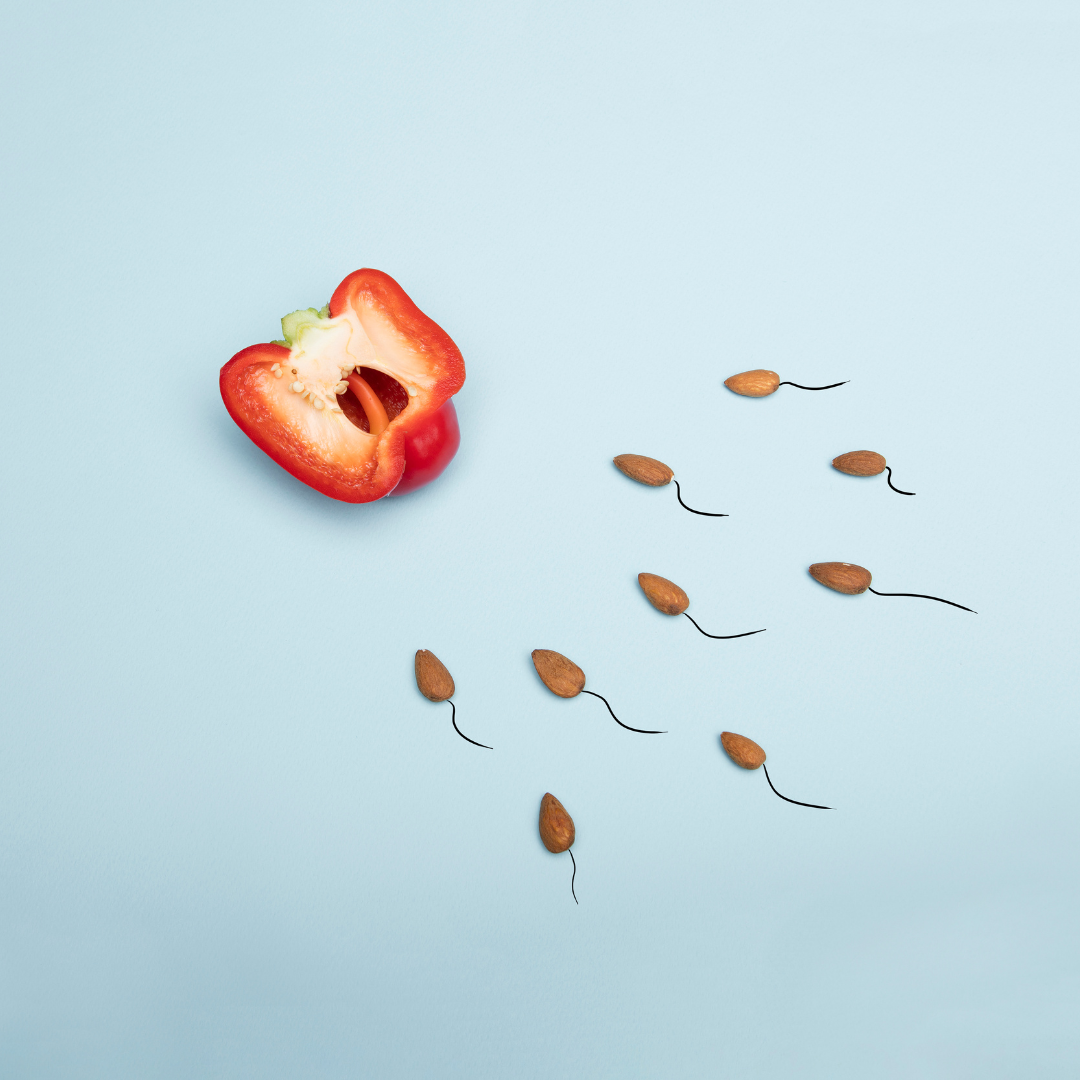
Female masturbation does not interfere with fertilization or conception, in fact, the physiological effects of self-pleasure may create conditions that support them. Unlike male ejaculation, female orgasm does not deplete reproductive material or interrupt ovulation. Ovulation is governed by the hypothalamic-pituitary-gonadal axis, which regulates hormones like luteinizing hormone and estrogen, and masturbation activates this same hormonal system, potentially supporting its function rather than disrupting it.
When a woman orgasms, the uterus and vaginal walls contract rhythmically, and while research is ongoing, these contractions may aid in the transport of sperm toward the fallopian tubes, a theory often referred to as the “upsuck” effect. Sperm cells play a crucial role in the fertilization process, and masturbation does not interfere with their function.
Orgasm also releases oxytocin and endorphins that significantly reduce cortisol, the body’s primary stress hormone. This matters because elevated cortisol can suppress the release of gonadotropin-releasing hormone (GnRH), which in turn can delay or completely prevent ovulation.
The Connection Between Female and Male Fertility - Does Masturbation Affect Sperm Count?
Here’s where the confusion starts: men are told excessive masturbation can lower sperm count, so doesn’t that mean it affects women’s fertility too?
Short answer? No.
Male fertility hinges on sperm production. Frequent ejaculation can temporarily lower sperm concentration, but the body replenishes it continuously.
Female fertility, on the other hand, isn’t about “running out” of anything. Women are born with all the eggs they will ever have. Unlike sperm, egg supply isn’t replenished, and ovulation operates on a strict hormonal schedule, a schedule that self-pleasure does not disrupt.
Health Benefits of Female Masturbation Beyond Fertility
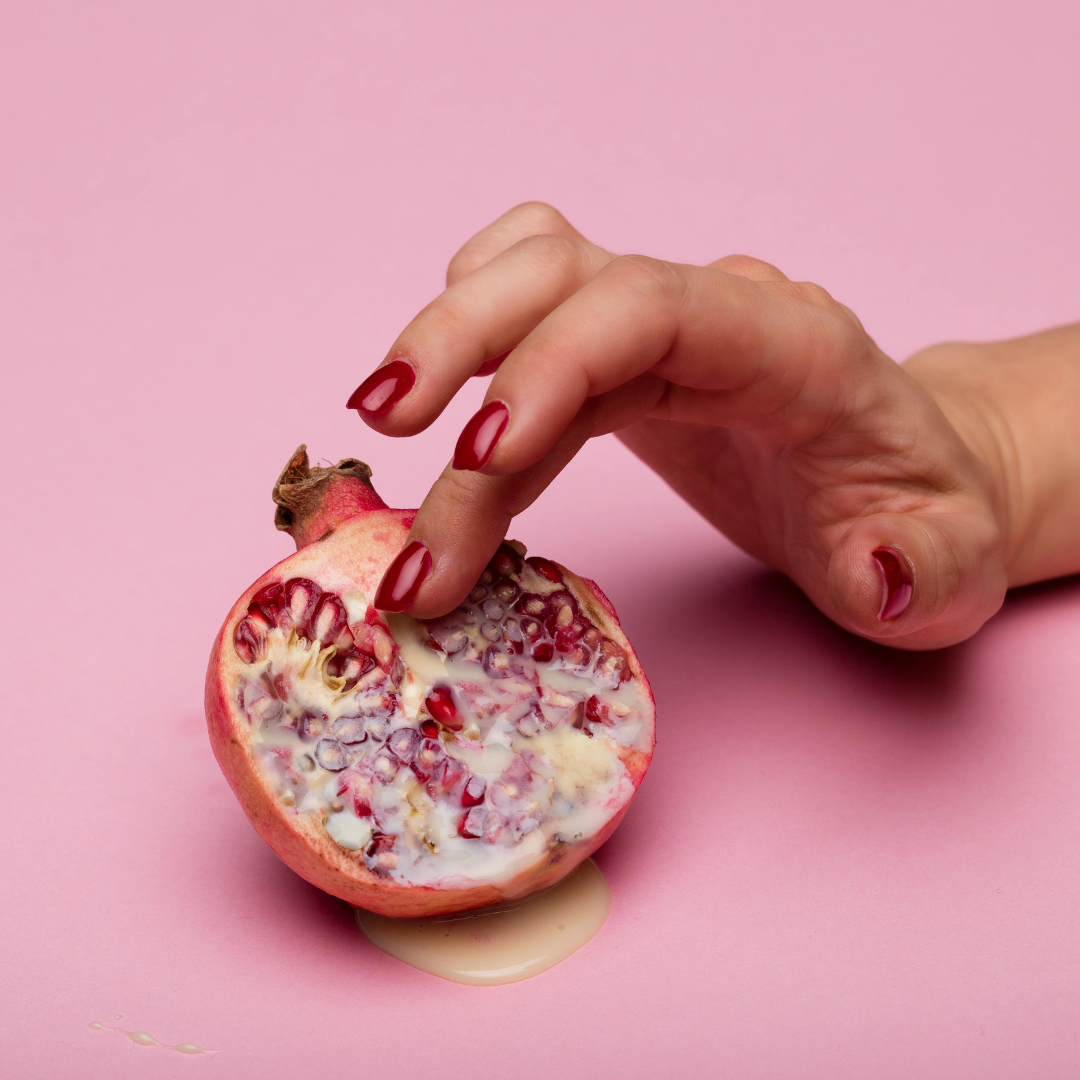
Better Immunity, Better Resilience
Orgasms feel good, but more importantly, they boost your immune system. Studies have shown that sexual activity increases the production of infection-fighting white blood cells, making your body more resistant to illness.
Better Sleep
If you’ve ever felt a wave of drowsy bliss after an orgasm, that’s not a coincidence, it’s neurology at work. Masturbation triggers the release of prolactin,the hormone that induces deep relaxation and sleep.
Anxiety Reduction That Doesn’t Come in a Bottle
Masturbation addresses stress and anxiety at the source. The dopamine, oxytocin, and serotonin released during self-pleasure create a mood-lifting, tension-releasing chemical cocktail, lowering cortisol levels and leaving your body in a state of calm clarity. It’s about rebalancing rather than just distraction.
Body Awareness = Power
Masturbation is one of the most direct ways to understand your own body. How your cycle shifts. How arousal changes throughout the month. How tension builds and releases. Women who engage in self-pleasure are more likely to recognize shifts in their fertility, from cervical mucus changes to ovulation patterns because they’re actually tuned in.
Is There a Right or Wrong Way to Masturbate?
The only right way is the way that feels good to you. There is no universal script, no single “correct” technique. Your body isn’t a machine, but an ecosystem of sensations, rhythms, and responses. The frequency and methods by which females masturbate vary for each individual, and there is no universally correct approach.
That said, tools like yoni eggs and crystal wands can elevate the experience from self-pleasure to deep, intentional body connection. Yoni eggs strengthen the pelvic floor, increase vaginal sensitivity, and enhance circulation, all of which support sexual and reproductive health.
And crystal wands, when used with awareness, can guide internal exploration, helping release tension and awaken different pleasure pathways.
How Yoni Eggs Can Support Sexual Health and Fertility
Your body is an energy field, a biological masterpiece, and a vessel for pleasure and creation. And just like any masterpiece, it thrives when cared for with intention.
Your pelvic floor muscles are the unsung heroes of sexual function, bladder control, and yes, fertility. By making the pelvic area and vaginal walls strong and engaged, they support the uterus, stimulate circulation, and enhance orgasmic potential. Weak or tense pelvic muscles, on the other hand, can contribute to discomfort during sex, irregular blood flow, and even difficulties in conception.
Yoni eggs, when used correctly, train these muscles to engage and release with control, helping tone the pelvic floor and increasing vaginal awareness, sensation, and elasticity. A balanced pelvic floor means better circulation to the reproductive organs, an essential factor in preparing the body for conception.
Final Thoughts
Masturbation was never the problem. The misinformation was.
For centuries, women have been told that pleasure is dangerous, that self-touch will drain fertility, disrupt hormones, or make them unfit for motherhood. But every piece of science we have says the opposite. Masturbation increases blood flow to your reproductive organs, supports hormone regulation, lowers cortisol, and strengthens the very systems that make conception possible. It’s not a threat to your fertility, it’s a tool that supports it.
So let this be your permission slip to owning your self pleasure with zero guilt.
Related Articles





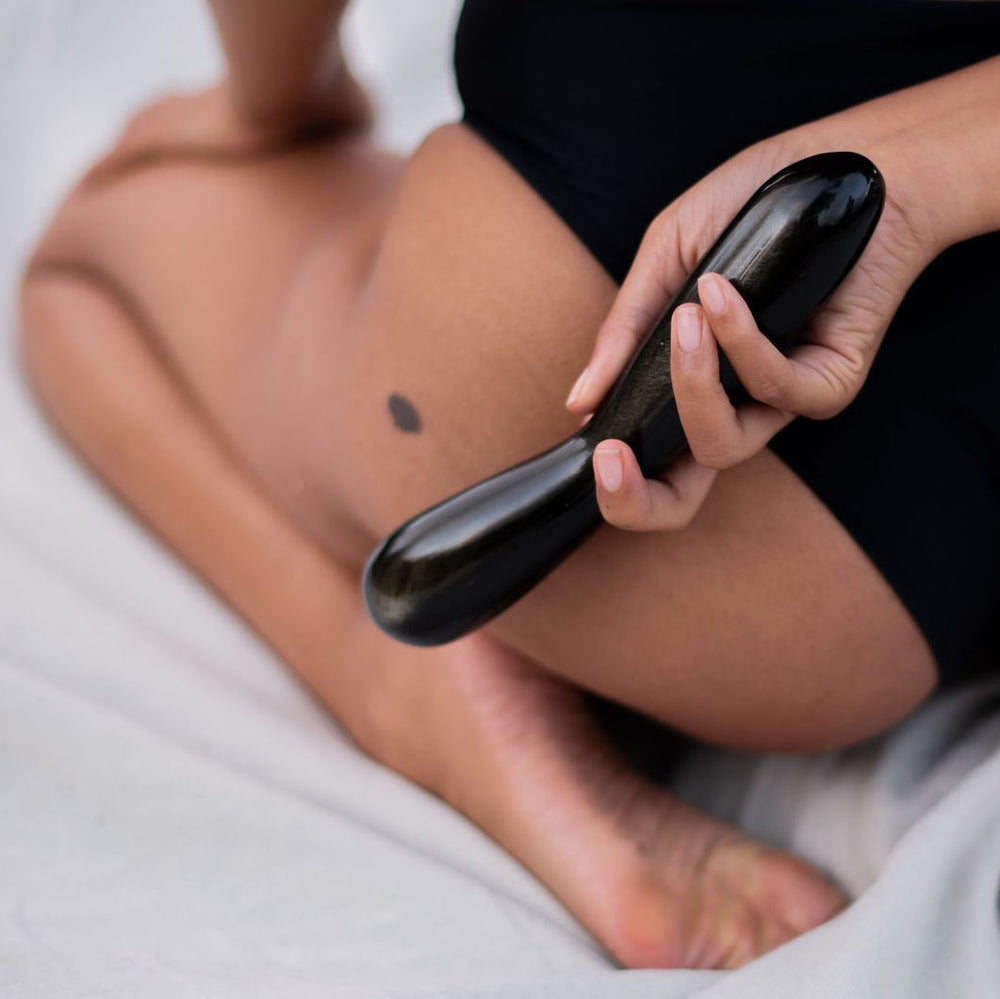
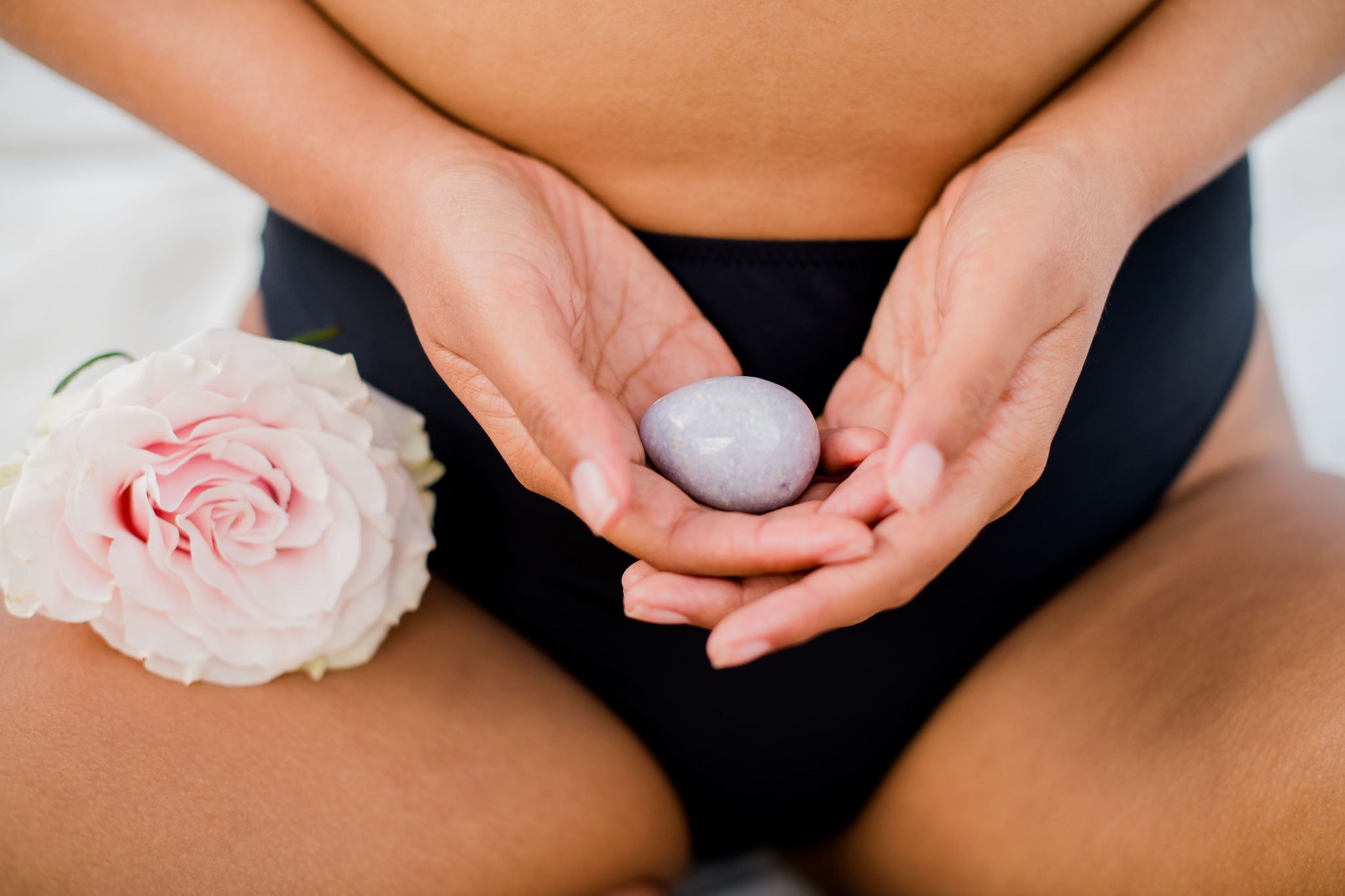






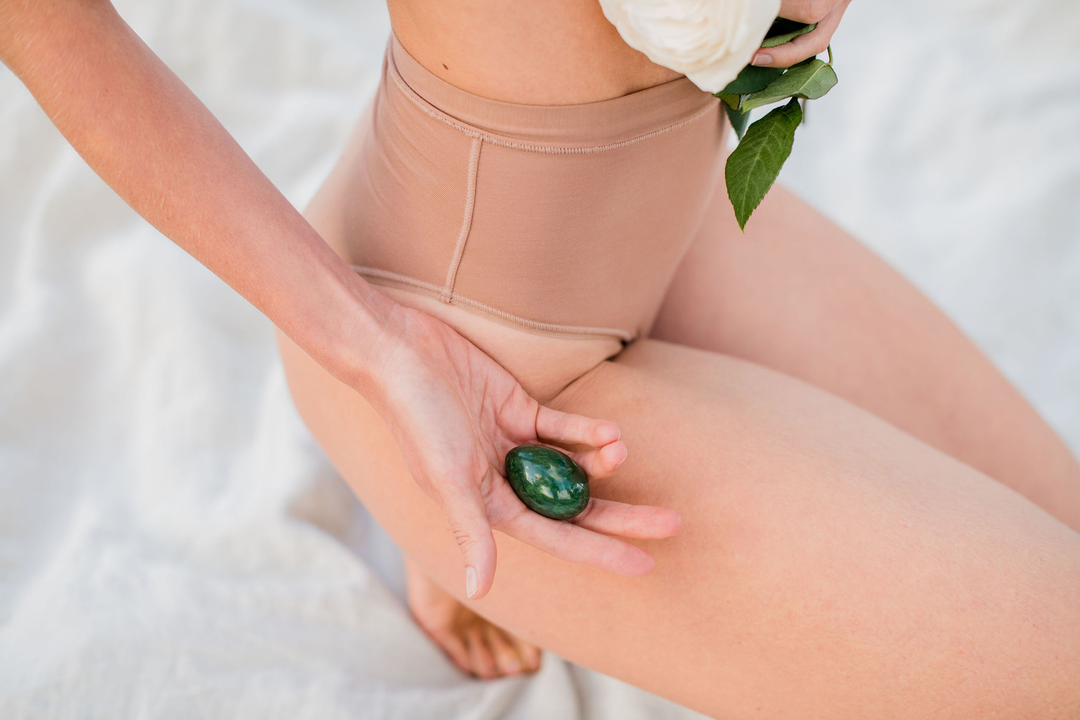
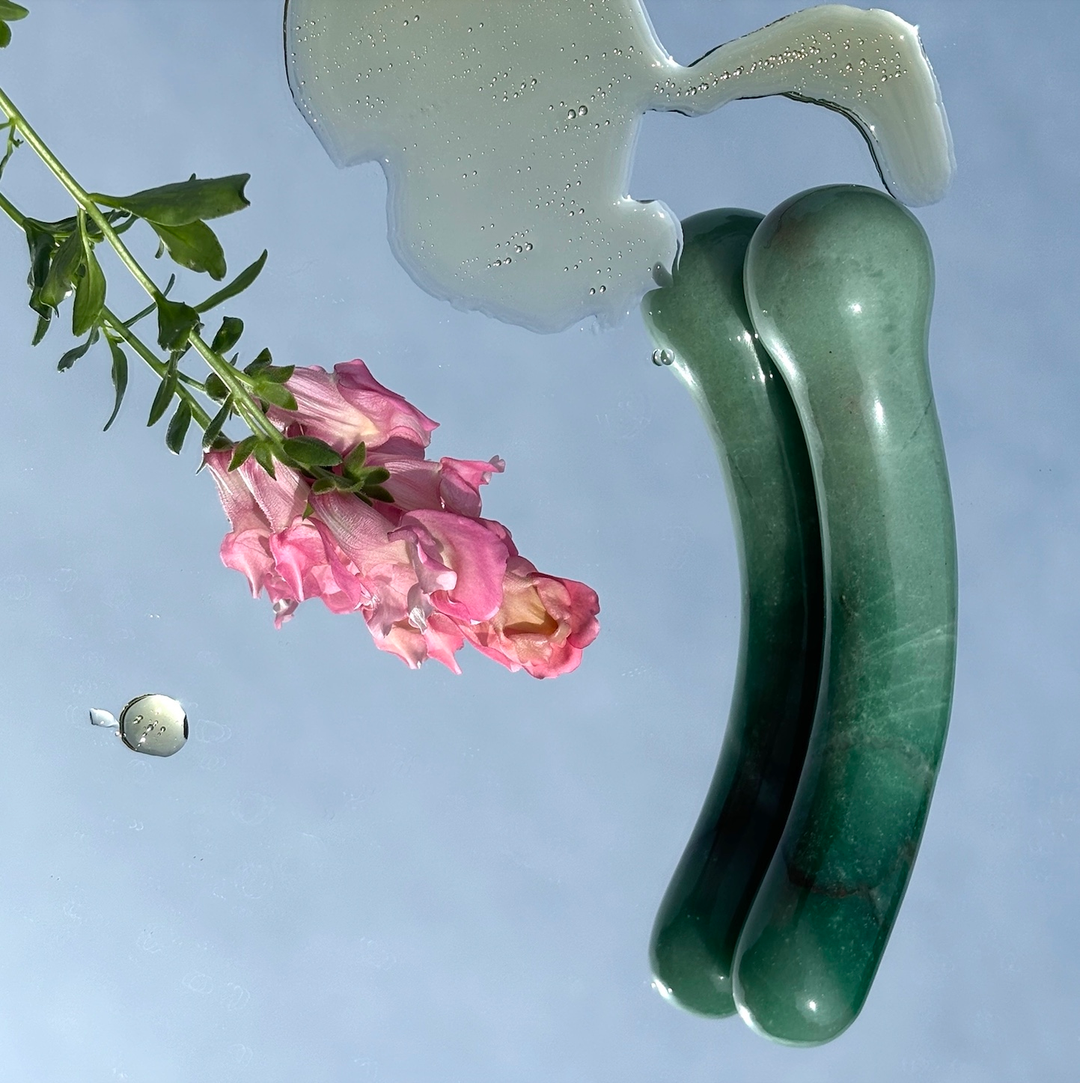
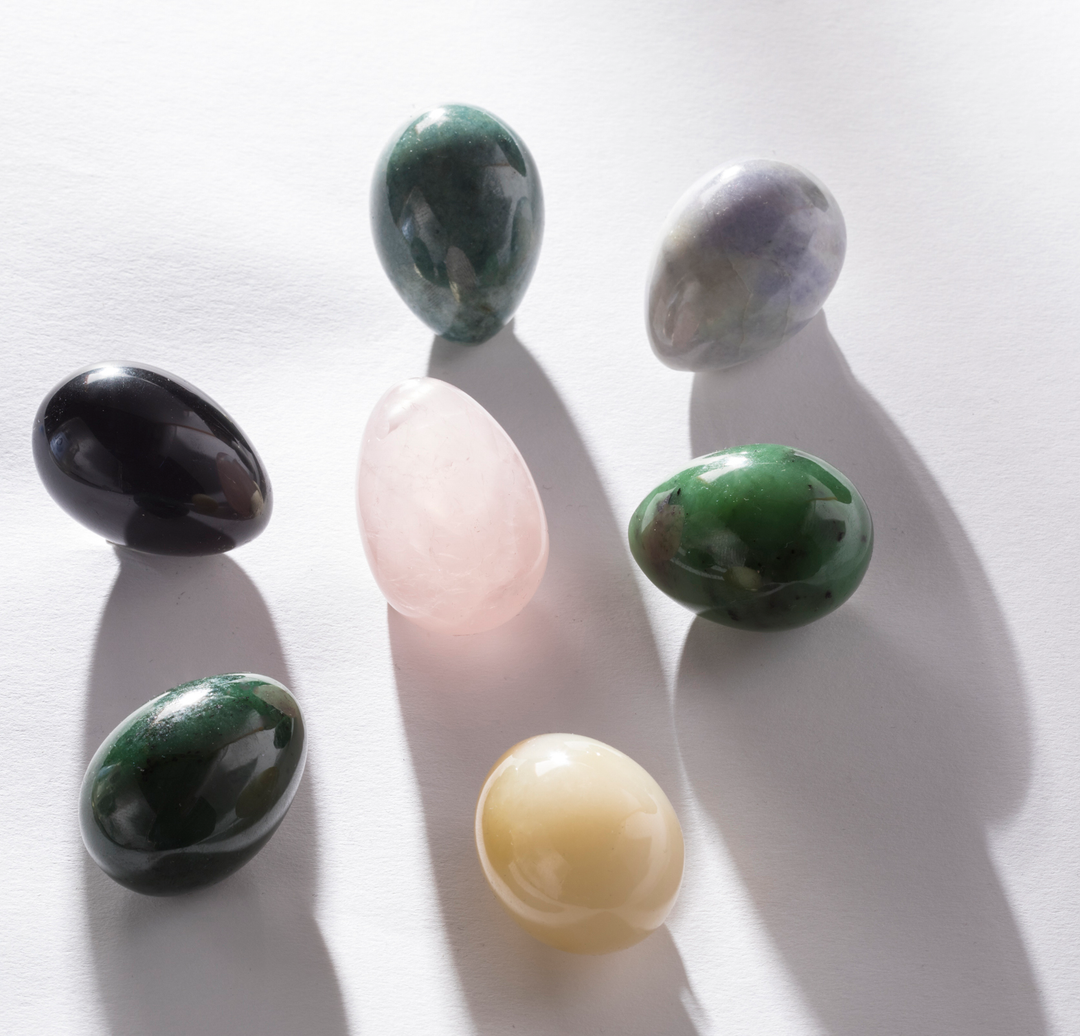
Leave a comment